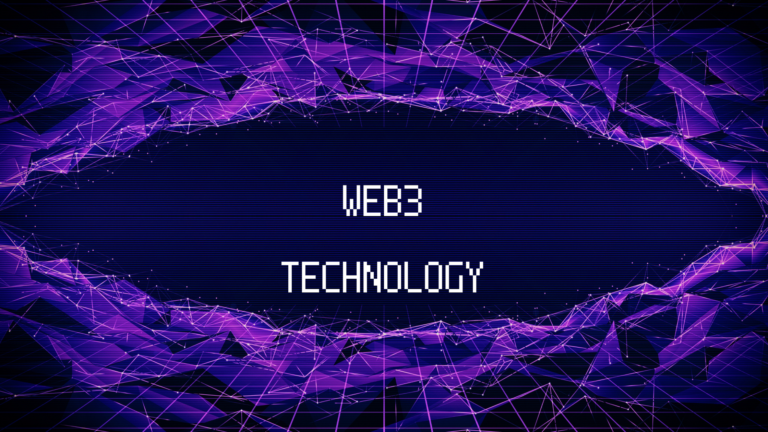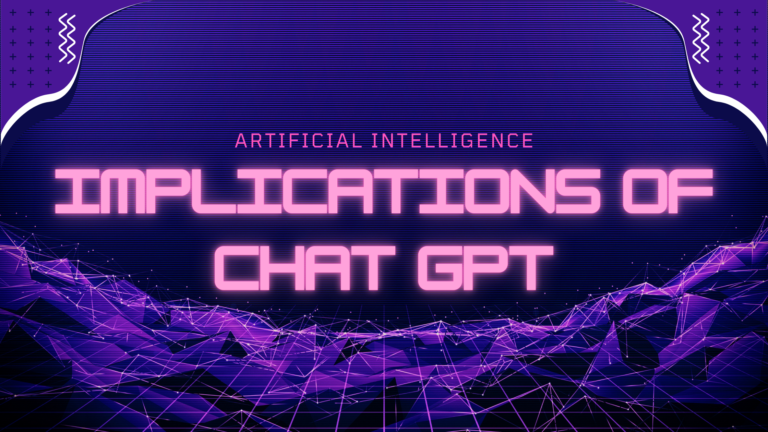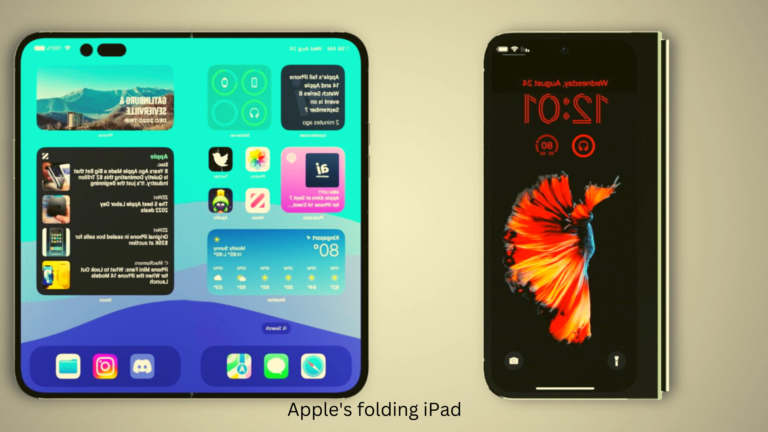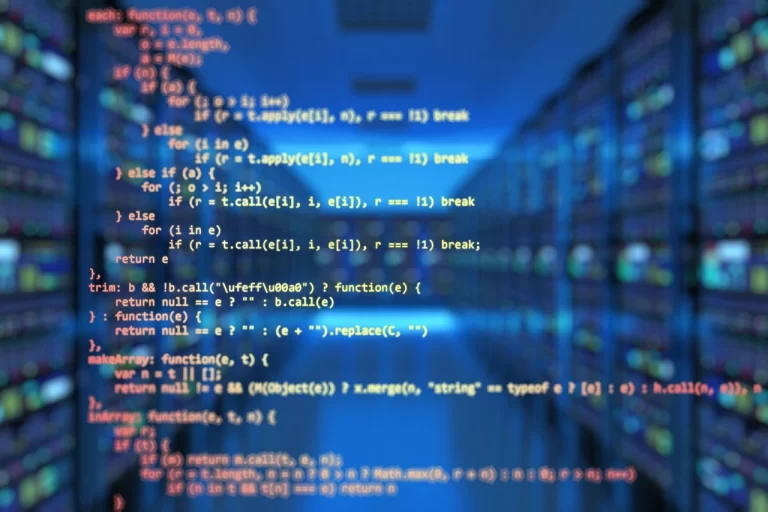Exploring Science and Healthcare Intersection & Revolutionary
Introduction:
The intersection of science and healthcare has led to revolutionary technologies that are transforming the way medical professionals treat patients. With the advent of new technologies, doctors can now diagnose diseases more accurately and treat them more effectively. In this article, we will explore some of the latest groundbreaking technologies that are at the forefront of science & healthcare. From artificial intelligence to 3D printing and robotics, these technologies are improving the quality of care and transforming the healthcare industry.
Artificial Intelligence and Healthcare:
Artificial intelligence (AI) has taken the world by storm, and its impact on healthcare is no exception. AI can be used to analyze large amounts of medical data to help identify patterns and develop treatment plans. AI can also assist in predicting health outcomes, alerting doctors of potential problems before they become serious.
One of the most significant applications of AI in healthcare is the development of diagnostic tools. AI-powered tools can help detect diseases at an early stage, making it easier for doctors to develop a treatment plan that will improve patient outcomes. For example, AI-powered imaging tools can help detect cancer at an early stage, which can lead to better treatment outcomes and increased survival rates of science and healthcare.
3D Printing in Healthcare:
Another revolutionary technology that is changing healthcare is 3D printing. 3D printing has many applications in healthcare, from creating prosthetics and implants to printing organs for transplantation. 3D printing allows doctors to create customized implants and prosthetics that fit the patient’s body perfectly, improving patient outcomes and reducing recovery times.
In addition to creating prosthetics and implants, 3D printing can also be used to create models of organs for surgical planning. These models can help doctors plan complex surgeries and reduce the risk of complications during the actual procedure.
Robotics in Healthcare:
Robotics is another technology that is transforming the healthcare industry. From surgical robots to telemedicine robots, these machines are improving patient outcomes and reducing the workload on medical professionals.
Surgical robots are being used to perform complex surgeries that would otherwise be difficult or impossible to perform. These robots can be programmed to perform precise movements, reducing the risk of human error and improving patient outcomes.
Telemedicine robots are being used to provide remote care to patients who live in rural areas or who are unable to leave their homes. These robots can perform basic medical tasks, such as taking vital signs, and allow doctors to consult with patients remotely.
Frequently Asked Questions:
Q: How does AI improve patient outcomes?
A: AI can analyze large amounts of medical data to identify patterns and develop treatment plans. AI can also assist in predicting health outcomes, alerting doctors of potential problems before they become serious.
Q: How is 3D printing used in healthcare?
A: 3D printing has many applications in healthcare, from creating prosthetics and implants to printing organs for transplantation. 3D printing allows doctors to create customized implants and prosthetics that fit the patient’s body perfectly, improving patient outcomes and reducing recovery times.
Q: What are surgical robots?
A: Surgical robots are machines that are used to perform complex surgeries that would otherwise be difficult or impossible to perform. These robots can be programmed to perform precise movements, reducing the risk of human error and improving patient outcomes.
science and healthcare revolution
The intersection of science and healthcare has led to some revolutionary technologies that are transforming the healthcare industry. From artificial intelligence to 3D printing and robotics, these technologies are improving patient outcomes and reducing the workload on medical professionals. As technology continues to advance, we can expect to see even more groundbreaking technologies that will further enhance the quality of care and revolutionize the healthcare industry.
Essential
It is essential that healthcare professionals embrace these technologies and continue to work collaboratively with scientists to ensure that patients receive the best possible care. The potential benefits of these revolutionary technologies are endless, and we can expect to see even more exciting developments in the future.
Conclusion:
In summary, the intersection of science and healthcare is producing some exciting and groundbreaking technologies that are changing the way medical professionals diagnose and treat diseases. From artificial intelligence to 3D printing and robotics, these technologies are improving patient outcomes, reducing recovery times, and transforming the healthcare industry. It is an exciting time for science and healthcare, and we can expect to see even more innovative technologies emerge in the years to come.






One Comment